Research on the Public's Intention of Garbage Sorting and Recycling: An Integrative Model of Theory of Planned Behavior and Norm Activation Theory
DOI: 10.23977/erej.2023.070710 | Downloads: 45 | Views: 2491
Author(s)
Guoliang Zhang 1
Affiliation(s)
1 School of Business Administration, Jimei University, Xiamen, China
Corresponding Author
Guoliang ZhangABSTRACT
In recent years, the continuous improvement of people's living standards has made the garbage increase exponentially, and the pressure of environmental governance is increasing, and the problem of garbage classification and recycling governance is imminent. Based on the comprehensive analysis framework of planned behavior theory and normative activation theory, this study uses structural equation model and 525 questionnaires to empirically test the influencing factors and mechanism of public garbage sorting and recycling intention. The results show that: (1) Public garbage sorting and recycling intention is the result of the interaction of rationality and morality, rather than pure rationality or pure morality driven behavior. (2) Behavioral attitudes, perceived behavioral control, subjective norms, and personal norms all have a positive impact on the public's behavioral intention of garbage classification and recycling. (3) Results consciousness and responsibility ownership have positive effects on personal norms. (4) The reward and punishment system from the external situation is one of the measures to effectively improve the public's willingness to recycle garbage. Finally, according to the research conclusions, corresponding countermeasures and suggestions are put forward to improve the public's willingness and behavior in the process of garbage classification and recycling.
KEYWORDS
Garbage sorting, Recycling behavior, Theory of planned behavior, Normative activation theory, Structural equationCITE THIS PAPER
Guoliang Zhang, Research on the Public's Intention of Garbage Sorting and Recycling: An Integrative Model of Theory of Planned Behavior and Norm Activation Theory. Environment, Resource and Ecology Journal (2023) Vol. 7: 77-86. DOI: http://dx.doi.org/10.23977/erej.2023.070710.
REFERENCES
[1] Bin, X., Zhi, L., Adeela, R., Application of Extended Theory of Planned Behavior to Explore Household Pharmaceutical Waste Recycling Intentions: A Case Study of China. Journal of Material Cycles and Waste Management, (2023). 25, 2870-2886.
[2] Liu, F., Liu, Z., Quantitative Evaluation of Waste Separation Management Policies in the Yangtze River Delta Based on the PMC Index Model. International Journal of Environmental Research and Public Health, (2022). 19, 3815.
[3] Kamran, R., Liu, Z., Coralie, H., Household Waste Sorting Participation in Developing Countries—A Meta-Analysis. Recycling, (2020). 5, 6.
[4] Lian, H., Wang, D., Li, H., Waste sorting and its effects on carbon emission reduction: Evidence from China. Chinese Journal of Population, Resources and Environment, (2020). 18, 26-34.
[5] Chen, L., Zheng, W., Fu, L., Examining Factors Influencing Public Knowledge, Risk Perception, and Policy Support for Waste Classification: A Multigroup Comparison of the Cognitive Mediation Model Based on Gender Differences. Environmental Communication, (2023). 17, 759-774.
[6] Guo, D., Wang, X., Feng, T., Han, S., Factors Influencing the Waste Separation Behaviors of Urban Residents in Shaanxi Province during the 14th National Games of China. International Journal of Environmental Research and Public Health, (2022). 19, 4191.
[7] Liu, Q., Xu, Q., Shen, X., Chen, B., Sonia, S.E., The Mechanism of Household Waste Sorting Behaviour—A Study of Jiaxing, China. International Journal of Environmental Research and Public Health, (2022). 19, 2447.
[8] Adjei, M., Song, H., Nketiah, E., Obuobi, B., Adu, G.G., Waste Management: Forecasting Residents' Plastic Waste Recycling Intention and Behavior in Ghana. Current Psychology, (2022). 42, 30987-31003.
[9] Ma, Y., Koondhar, M.A., Liu, S., Wang, H., Kong, R., Perceived Value Influencing the Household Waste Sorting Behaviors in Rural China. International Journal of Environmental Research and Public Health, (2020). 17, 6093.
[10] Sun, M., Ma, X., Jiang, L., Wen, N., Framing Waste Classification among Chinese Young People: The Moderating Effect of Consideration of Future Consequences. Environmental Communication, (2021). 15, 1008-1024.
[11] Shen, X., Chen, B., Leibrecht, M., Du, H., The Moderating Effect of Perceived Policy Effectiveness in Residents' Waste Classification Intentions: A Study of Bengbu, China. Sustainability, (2022). 14, 801.
[12] Pham, T.T., Lam, T.P.M., Le, D.H., Pham, N.T., Consumers' Willingness to Pay an Environmental Fee for E-Waste Recycling in Vietnam: Integrating the Theory of Planned Behaviour and The Norm Activation Model. Journal of Material Cycles and Waste Management, (2023). 25, 2900-2914.
[13] Ma, W., Zhu, Z., Internet Use and Willingness to Participate in Garbage Classification: An Investigation of Chinese Residents. Applied Economics Letters, (2020). 28, 1-6.
[14] Mu, D., Zhang, S., The Impact of Reward–Penalty Policy on Different Recycling Modes of Recyclable Resources in Residential Waste. Sustainability, (2021). 13, 7883.
| Downloads: | 6155 |
|---|---|
| Visits: | 497210 |
Sponsors, Associates, and Links
-
International Journal of Geological Resources and Geological Engineering
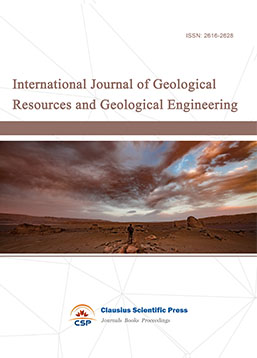
-
Big Geospatial Data and Data Science
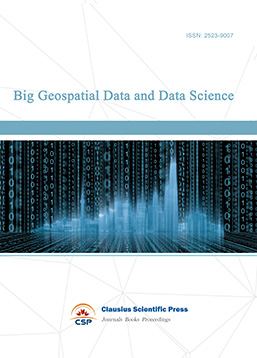
-
Solid Earth and Space Physics
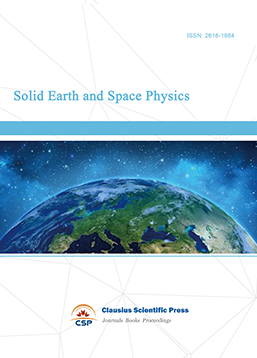
-
Environment and Climate Protection
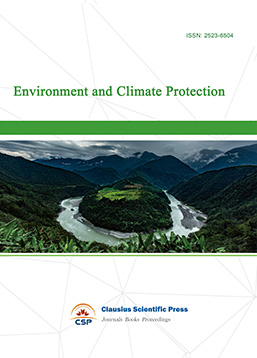
-
Journal of Cartography and Geographic Information Systems
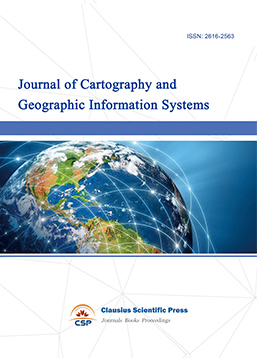
-
Offshore and Polar Engineering
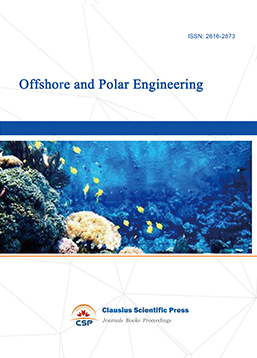
-
Physical and Human Geography
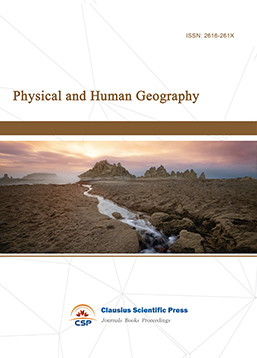
-
Journal of Atmospheric Physics and Atmospheric Environment
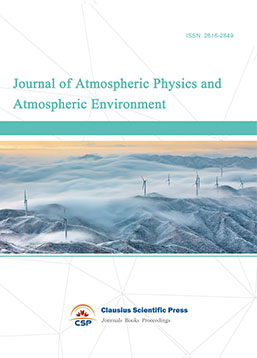
-
Trends in Meteorology
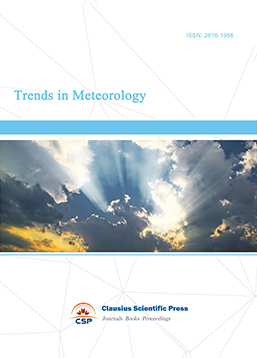
-
Journal of Coastal Engineering Research
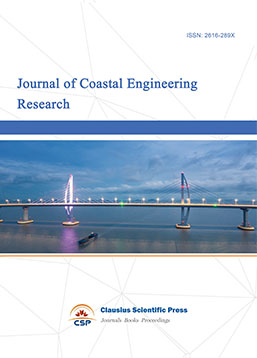
-
Focus on Plant Protection
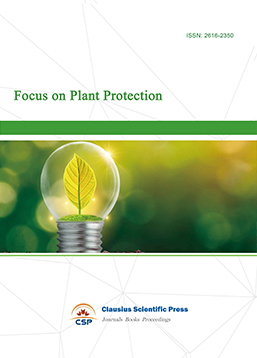
-
Toxicology and Health of Environment
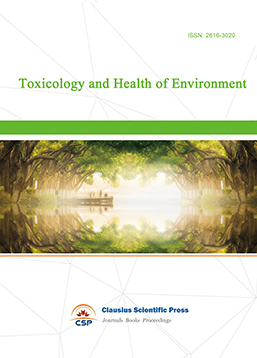
-
Geoscience and Remote Sensing
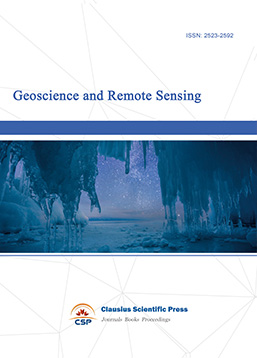
-
Advances in Physical Oceanography
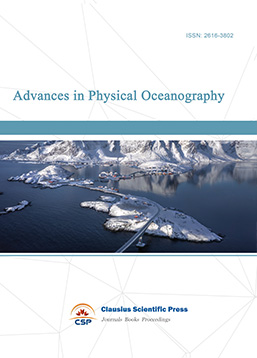
-
Biology, Chemistry, and Geology in Marine
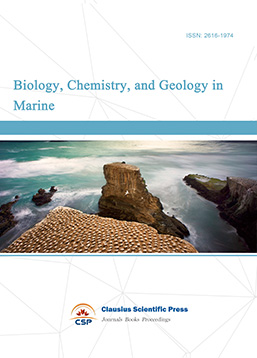
-
Water-Soil, Biological Environment and Energy
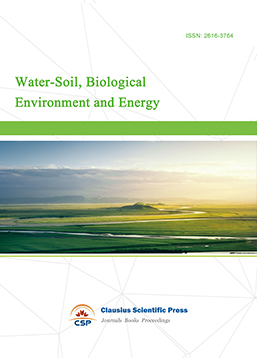
-
Geodesy and Geophysics
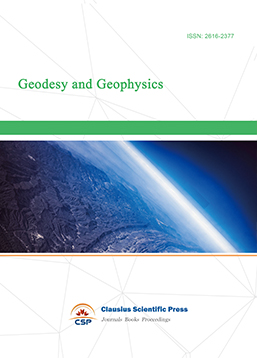
-
Journal of Structural and Quaternary Geology
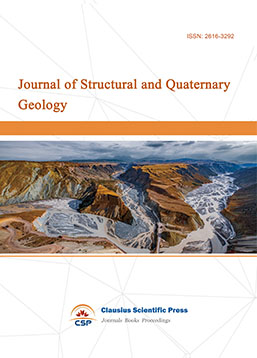
-
Journal of Sedimentary Geology
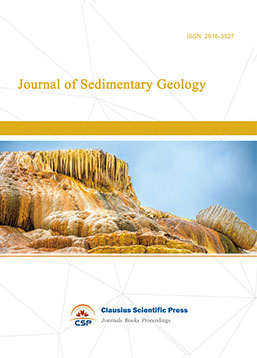
-
International Journal of Polar Social Research and Review
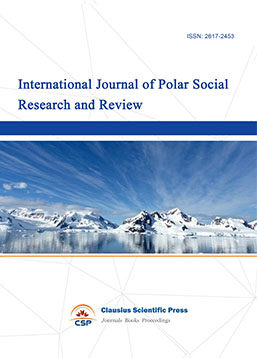

 Download as PDF
Download as PDF